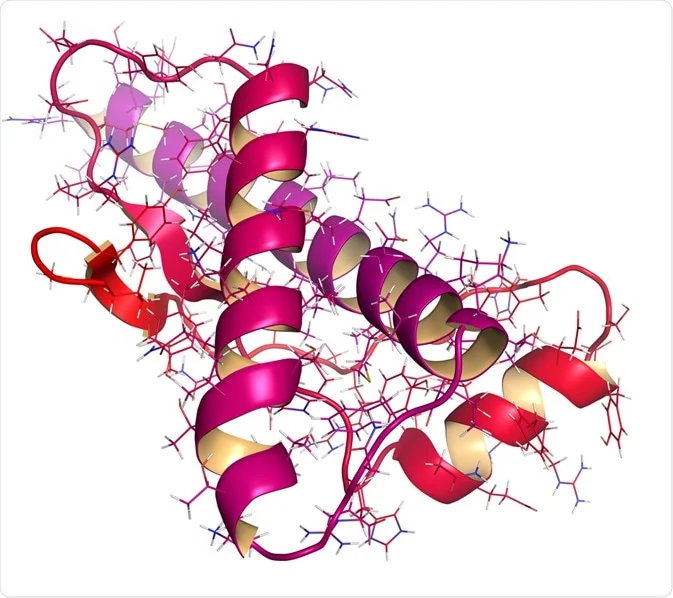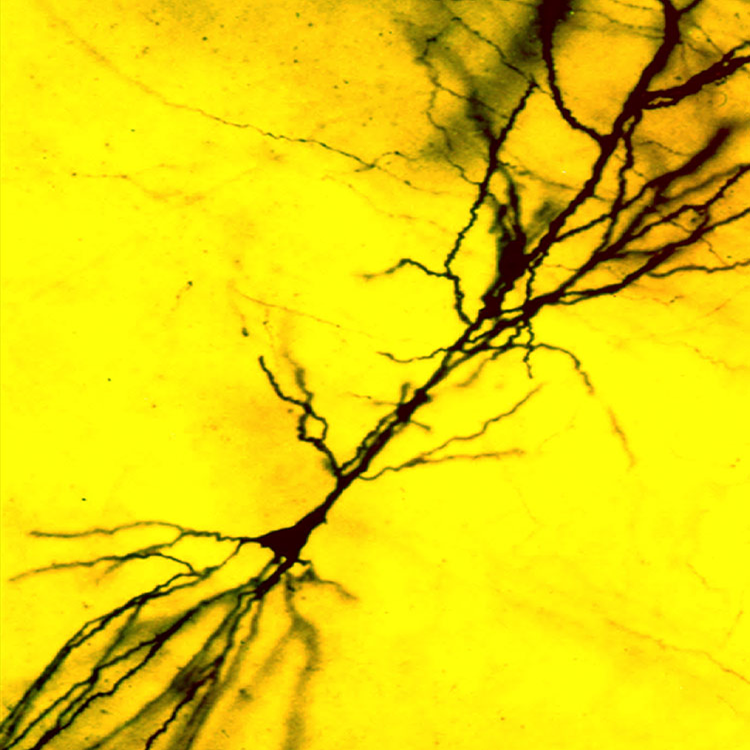Psychopathy


All of us know some horrific stories about psychopaths and the mind blowing things they did to people. It is really hard to even imagine that the stories we hear are real and these people who we call “psychopaths” appear in our world. When we hear the term “psychopathy”, certain names pop up in our mind such as Ted Bundy, Adolf Hitler etc. thanks to media. With superficial understanding, empathizing with those people and understanding the reason why they do such terrifying things is impossible. However, if we have some information about how do their brains function, it becomes clearer to see how the functioning inside their minds leads them to display such incomprehensible “psychopath behaviors”.

So, what are “psychopath behaviors”?
Psychopathy – is also known as antisocial personality disorder – is described by the features including fearlessness, lack of empathizing, impulsive behaviors, cold and antisocial characteristics, narcissism, and being manipulative. Despite the fact that we label the word “psychopath” as “crazy”, “mental”, “dangerous” etc., there are multiple conceptualizations of psychopathy and not all of them are as fearful as we consider them to be. In fact, they are the victims of genetics, and childhood experiences.
How does psychopathy occur? What are the main factors that lead those people to become psychopaths?
- Genetics

Psychopathy runs into families like all the other mental disorders or physical diseases do. However, there is no specific gene that encodes “psychopathy protein” which causes psychopathy. We know that mental disorders such as antisocial personality disorder are strongly correlated with the prefrontal cortex. This lobe of the brain is responsible for our actions which differs us from other animals such as moral behaviors, capability of empathizing etc. There is also something we call “connectome structure”. We can refer to them as paths that the impulses use in the brain. A psychopath’s brain functions differently via the connectome structure inside it because of the inaccurate structure of neuronal paths. Genes play a big role in those as well as they play in every other part of our body. Apart from that, there is an enzyme in the human body called MAO (monoamine oxydase) which is necessary for the breakdown of monoamines (serotonin, dopamine, norepinephrine…). MAO has two types: First type is the one which breaks down the molecules quickly, and the other type breaks down the molecules slowly. The person who is a psychopath has the second type of that enzyme because of his/her genetics. Therefore, this situation leads him/her to behave impulsively. Furthermore, despite the fact that a person has the genes that make him/her become psychopath, there is a possibility that she/he is not, because the genes are not expressed, as we know, gene expression also occurs through environmental factors.
2. Environmental Risk Factors
We know that people who have psychopathy are known by their features consisting inability to empathize, fearlessness, and lack of feeling emotions. Scientific researches shows us that having an abusive childhood (physically, emotionally, sexual, or other) results in a small capacity to respond with empathy, and become desensitized. However, abusive childhood is not the only factor that causes psychopathy; also emotional neglect, childhood trauma (death, illness etc.) have a significant effect on psychopathy. Perinatal factors also have a huge impact on antisocial personality disorder. Things like smoking cigarettes, usage of alcohol, high stress levels, or birth complications during pregnancy are increasing the chance of a child having a mental illness or illnesses. However we cannot say with certainty that a child would become a psychopath if the characteristics described above are present during pregnancy.

We humans love to label and accept a certain treatment method for each disease as if it were a certain type of person. Just like patients having other disorders or other illnesses, each person who has psychopathy is unique and deserves a treatment purified from labels and dogmas.
As Hippocrates once said:
“The object of medical care should not be the disease, but the person who should be treated as a whole and not as an organ in which the disorder appears.”
-
Unraveling the Myth: The Truth Behind Gluten-Free Diet Lies
In recent years, the gluten-free diet has gained immense popularity, touted as a solution to various health issues and embraced by individuals seeking a healthier lifestyle. However, as the trend continues to thrive, it’s essential to separate fact from fiction and unravel the web of lies surrounding the gluten-free diet. The Gluten-Free Craze: Gluten, a …
-
The Mysterious Infectious Agents: Prions
Most of us basically know what pathogens are, the species that causes sickness, which are the creatures that have a nucleic acid genome such as bacteria or viruses have. The common feature between those species is that they all have DNA or RNA. So, what if there are some molecules which we cannot call them …
-
The Magical Black Stain
Like the famous scientists such as Albert einstein, Michael Faraday, Marie Curie etc. as yet little known, discoveries Camillo Golgi and Santiago Ramón y Cajal did are milestones for science. They were the architectures of today’s neuroanatomy, the yin and yang of this area of medicine who were jointly given the Nobel Prize. Today, it …



Leave a Reply